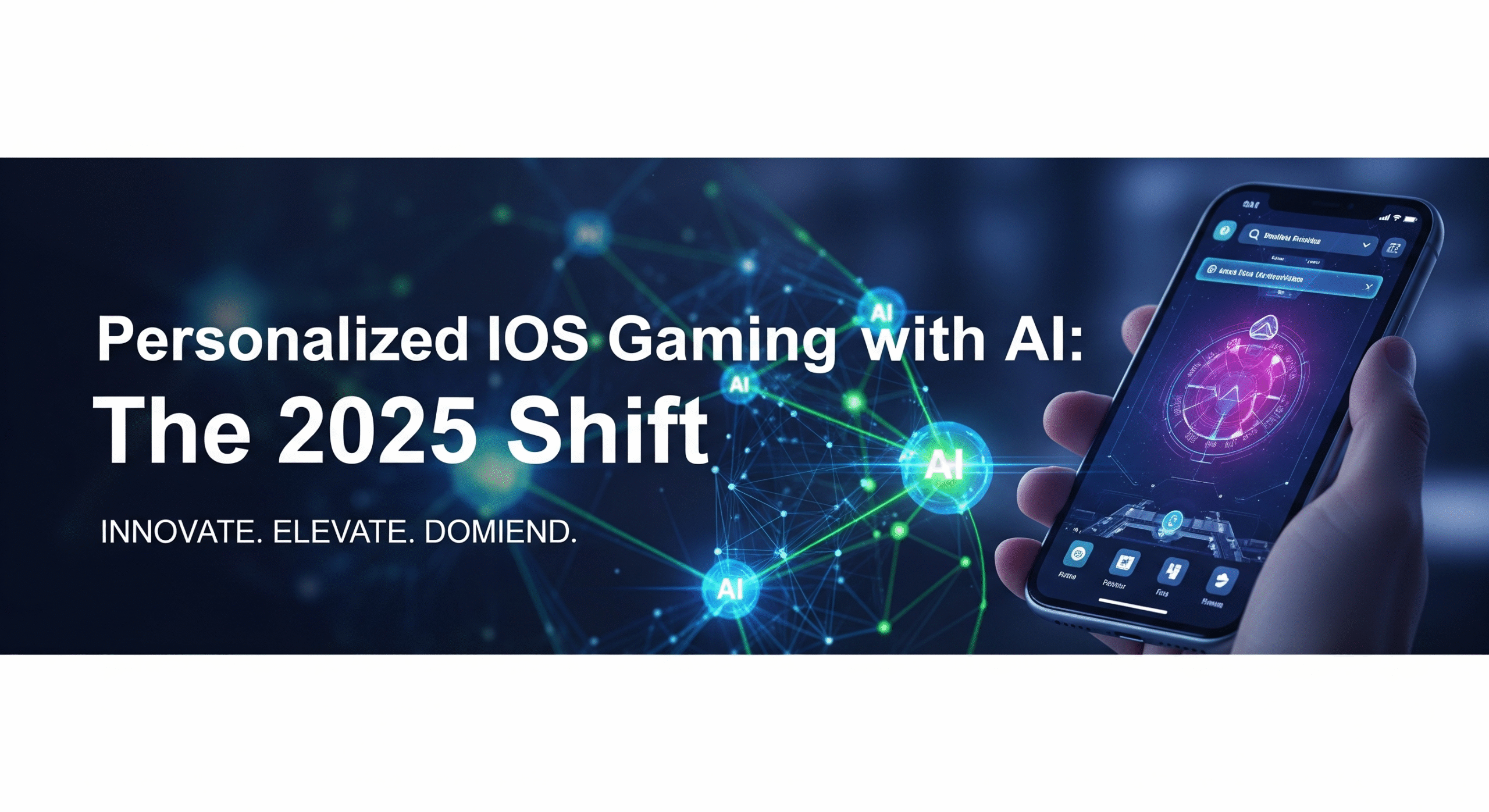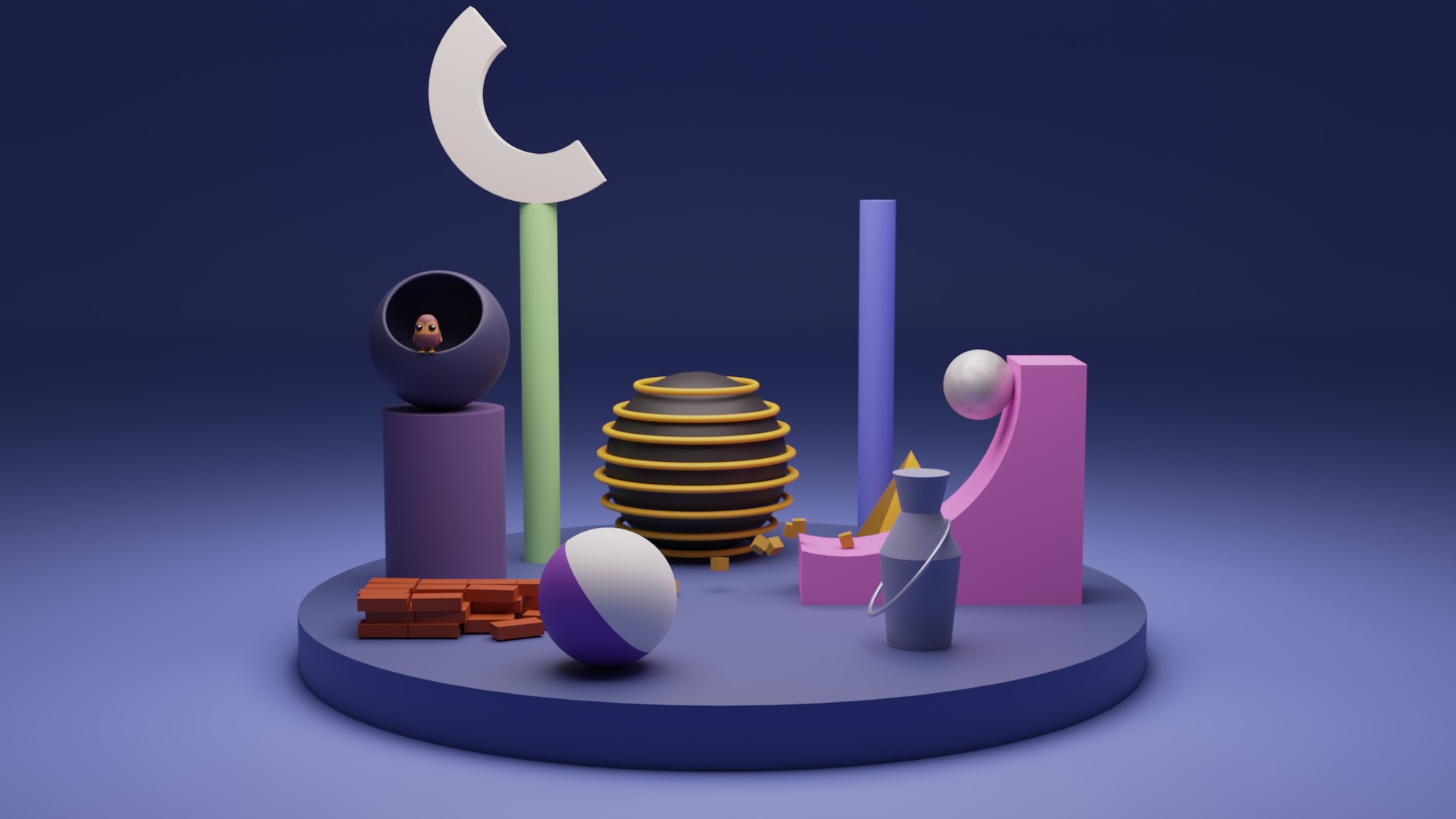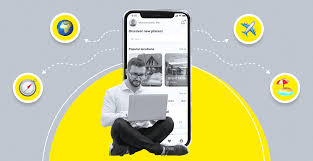The gaming world is changing at lightning speed, and 2025 is shaping up to be a pivotal year for iOS game development. Artificial Intelligence (AI) is no longer a background tool—it’s becoming the centerpiece of game development, driving personalization and creating experiences that feel tailor-made for every individual player. From adaptive gameplay to smarter recommendations, AI is redefining how users interact with mobile games on iPhones and iPads.
In this article, we’ll explore how AI is fueling this transformation, why iOS game developers are embracing personalization, and what the future of app development means for players and businesses alike.
The Rise of Personalized Gaming
Gamers no longer want a “one-size-fits-all” experience. Players today expect games that adapt to their style, skill level, and preferences. This is where AI-powered personalization shines. Instead of static levels or pre-defined characters, games now learn from player behavior—tracking choices, skill progression, and in-game habits—to provide tailored challenges and rewards.
For example, an AI-driven puzzle game might lower difficulty for beginners while offering advanced twists for experienced players. Meanwhile, role-playing games can create storylines unique to each player, offering endless replay value.
This shift toward personalization is making iOS game development more innovative than ever, as developers use AI algorithms to design immersive, player-centric experiences.
Why 2025 Is the Turning Point
The combination of Apple’s advanced hardware, faster processors, and AI-ready chips has made 2025 the perfect year for this revolution. With the launch of iOS 19 and Apple’s focus on machine learning, iOS game developers now have powerful tools to integrate real-time personalization into their games.
Additionally, cloud-based gaming and 5G connectivity mean that AI models can process massive amounts of data without slowing gameplay. This ensures smoother experiences, personalized matchmaking in multiplayer games, and enhanced in-game recommendations.
In short, game development in 2025 isn’t just about creating fun—it’s about creating games that feel like they were built for you.
Key Ways AI Is Personalizing iOS Gaming
1. Adaptive Gameplay
AI can adjust difficulty levels automatically, ensuring that beginners don’t feel overwhelmed while advanced players stay challenged. This leads to higher engagement and longer playtime.
2. Smart Storytelling
Storylines no longer follow a fixed path. With AI-driven branching narratives, games can respond to a player’s decisions and craft unique story arcs. This creates a deeper emotional connection and stronger replay value.
3. Predictive Recommendations
Just as Netflix suggests shows, AI in iOS game development recommends new challenges, characters, or even other games based on a player’s habits. This keeps users hooked while boosting revenue opportunities.
4. Real-Time Personalization
From custom avatars to in-game environments that shift based on user behavior, AI ensures no two players have the same journey. Personalization makes gaming more immersive and memorable.
Opportunities for iOS Game Developers
For iOS game developers, AI-powered personalization is both a challenge and an opportunity. On one hand, it requires a deeper understanding of machine learning and user data. On the other, it opens up massive growth potential.
- Higher User Retention: Personalized games keep players engaged for longer, reducing churn rates.
- Increased Monetization: In-app purchases can be customized to individual players, leading to higher conversions.
- Competitive Edge: Developers who embrace AI stand out in the crowded app stores, giving them a significant advantage.
Forward-thinking developers are already combining AI with AR (augmented reality) and VR (virtual reality), pushing the boundaries of what mobile gaming can achieve.
AI in App Development Beyond Gaming
The impact of AI isn’t limited to just games. The same personalization techniques are being applied across app development, from e-commerce apps recommending products to learning apps customizing study paths. This crossover benefits iOS game development too, as developers can borrow ideas and technologies from other industries.
Apple’s continued investment in AI frameworks like Core ML and Create ML makes it easier for developers to integrate personalization features into their apps. As a result, the entire game development ecosystem is becoming smarter and more efficient.
The Future of Personalized iOS Gaming
Looking ahead, AI is set to play an even bigger role in how we experience games. Imagine:
- Games that recognize your mood through facial recognition and adjust accordingly.
- Real-time multiplayer matches powered by AI matchmaking, ensuring fair competition.
- Voice-driven games that respond dynamically to your tone and commands.
By 2030, personalized gaming will be the norm rather than the exception. For now, 2025 marks the year when the iOS game development industry fully embraces the shift, making AI personalization the standard rather than a novelty.
Final Thoughts
The future of game development is personal, adaptive, and AI-driven. As technology evolves, players will no longer just play games—they’ll experience stories, challenges, and adventures designed uniquely for them.
For iOS game developers, this is both a responsibility and an exciting opportunity. Those who master personalization will lead the next era of mobile gaming, while others risk being left behind.
AI is not just changing games—it’s changing the relationship between players and developers. And as 2025 unfolds, personalized iOS gaming will prove to be the ultimate shift in how we play, connect, and experience entertainment.



